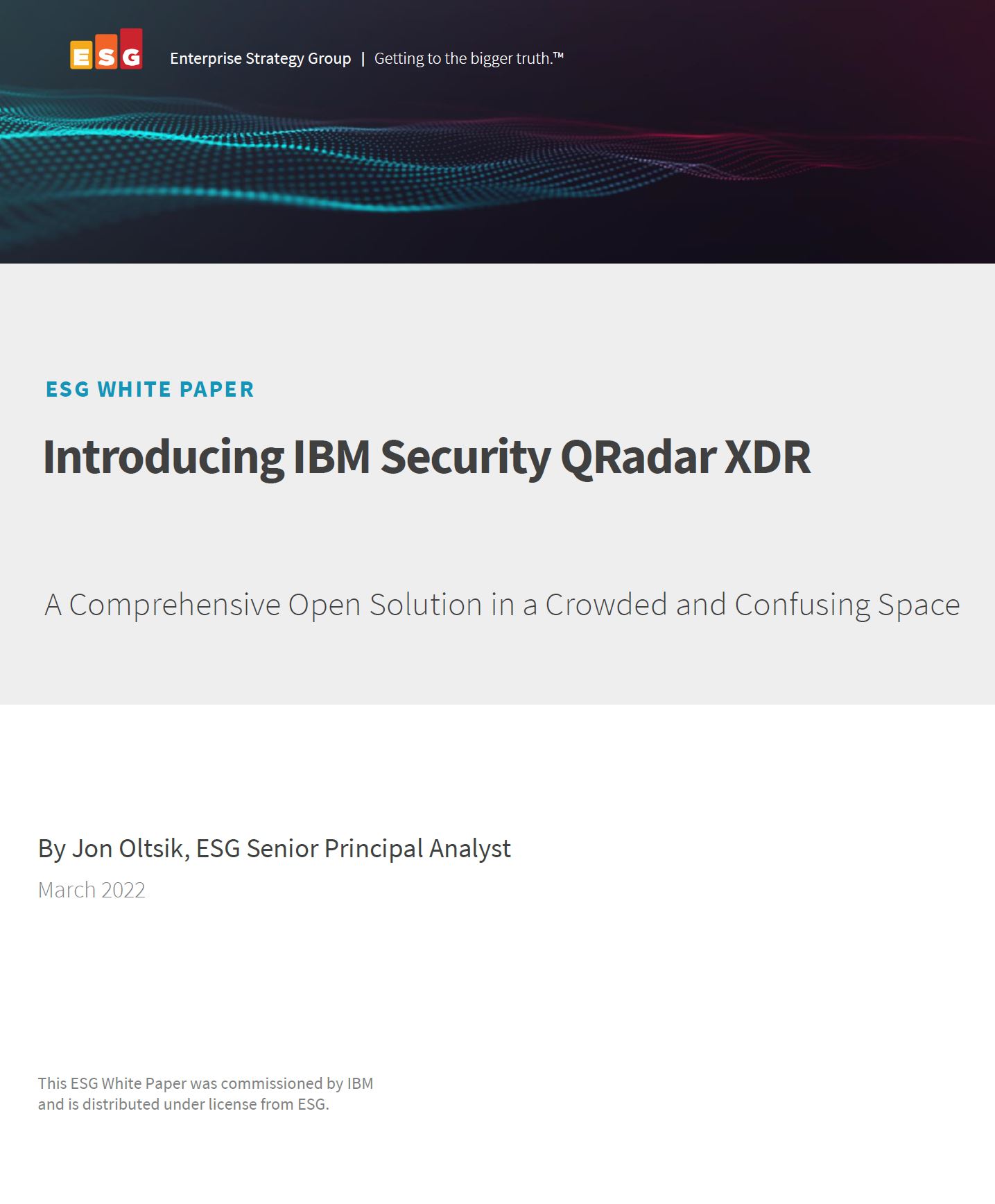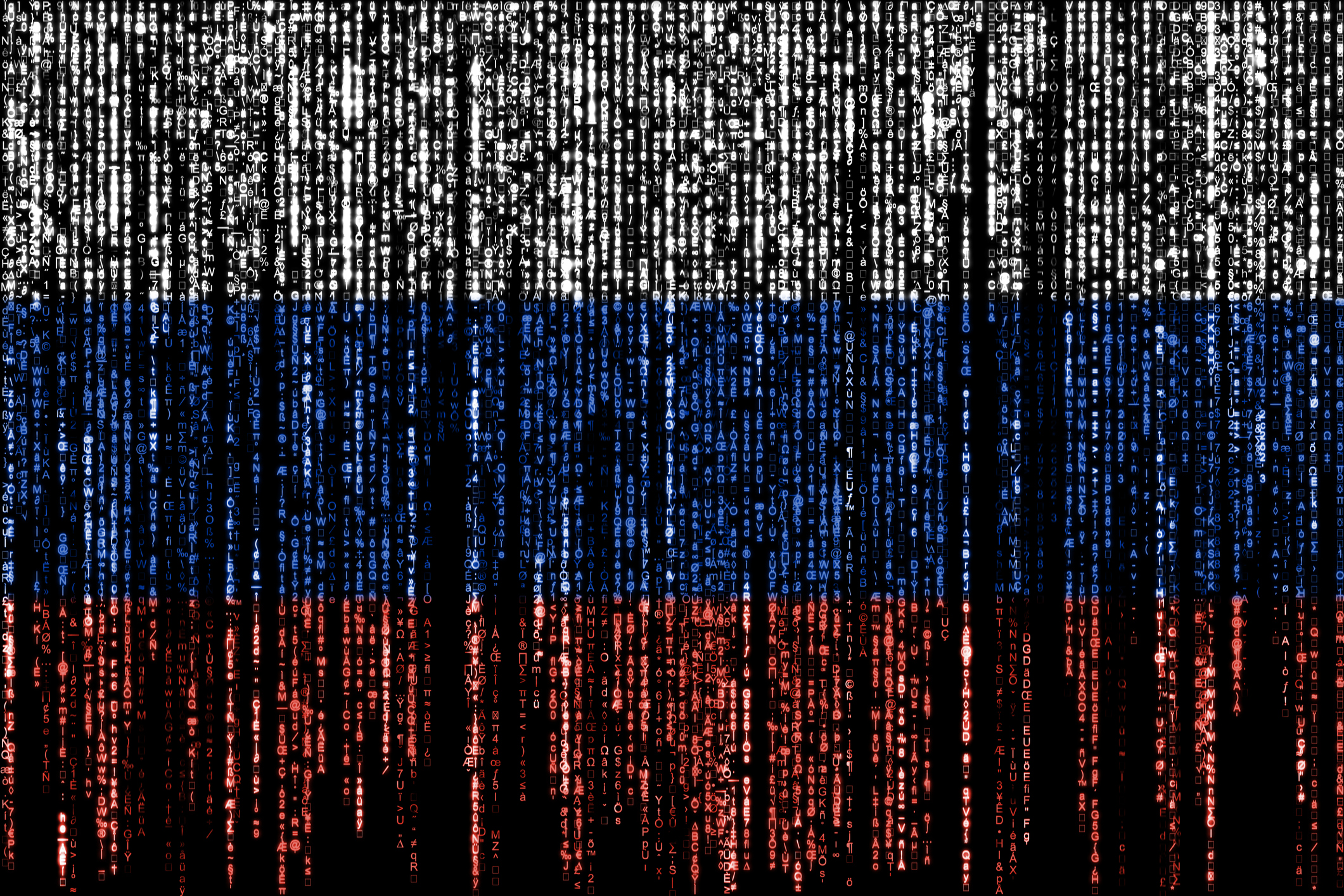UK, US condemn Iran for ‘unprecedented’ cyber attack against Albania
The Balkan nation has cut ties with Iran following the hack, which took down national infrastructure and exposed government information


The UK government has officially condemned the Iranian state for a cyber attack against Albania to which the country has been linked.
On 15 July, the Albanian government suffered a major cyber attack, as threat actors destroyed data, shut down the public service portal ‘e-Albania’, and leaked details of the Albanian prime minister and ministry of foreign affairs.
Essential services, such as a public-facing portal for booking medical appointments, the system by which children are enrolled at school, and online utility bill websites, were also affected in the attack.
The National Cyber Security Centre (NCSC) has concluded to a high degree of certainty that Iranian-linked threat actors are behind the attack. The US National Security Council (NSC) likewise blamed the Iranian government for conducting the operation in a White House statement.
Yesterday, Albania severed diplomatic ties with Iran over the incident, and gave embassy staff, security teams and diplomatic personnel in Tirana 24 hours to leave the country. It is the first case of cutting diplomatic ties in response to a cyber attack.
Attacks on critical national infrastructure (CNI) are a growing threat, with malware tailor-made to destroy industrial systems having been found in the wild. Security groups have been warning for years about the specific involvement of Iranian-backed threat actors in such attacks.
RELATED RESOURCE

Introducing IBM Security QRadar XDR
A comprehensive open solution in a crowded and confusing space
“Albania views impacted government networks as critical infrastructure,” said NSC spokesperson Adrienne Watson.
Sign up today and you will receive a free copy of our Future Focus 2025 report - the leading guidance on AI, cybersecurity and other IT challenges as per 700+ senior executives
"Malicious cyber activity by a State that intentionally damages critical infrastructure or otherwise impairs its use and operation to provide services to the public can have cascading domestic, regional, and global effects; pose an elevated risk of harm to the population; and may lead to escalation and conflict.“
Having assisted Ukraine against such cyber attacks for months following Russia’s invasion of the country in February, the NCSC have warned against UK-based security teams becoming burned out and letting their guard down as a result.
The Iranian government deny involvement in the attack, citing its long struggle with attacks such as the Stuxnet worm to indicate that it is the victim of threats to CNI. As a NATO member, Albania has been joined in support by many western powers.
“Iran’s reckless actions showed a blatant disregard for the Albanian people, severely restricting their ability to access essential public services,” stated foreign secretary James Cleverly, who entered his cabinet role on Tuesday.
“The UK is supporting our valuable partner and NATO ally. We join Albania and other allies in exposing Iran’s unacceptable actions.”

Rory Bathgate is Features and Multimedia Editor at ITPro, overseeing all in-depth content and case studies. He can also be found co-hosting the ITPro Podcast with Jane McCallion, swapping a keyboard for a microphone to discuss the latest learnings with thought leaders from across the tech sector.
In his free time, Rory enjoys photography, video editing, and good science fiction. After graduating from the University of Kent with a BA in English and American Literature, Rory undertook an MA in Eighteenth-Century Studies at King’s College London. He joined ITPro in 2022 as a graduate, following four years in student journalism. You can contact Rory at rory.bathgate@futurenet.com or on LinkedIn.
-
 Retailers ramp up automation to tackle supply chain challenges
Retailers ramp up automation to tackle supply chain challengesNews Companies are moving AI projects from pilot to production across the board, with a focus on open-source models and software, as well as agentic and physical AI
-
 Hacked London council warns hundreds of thousands of residents at risk of follow-up scams
Hacked London council warns hundreds of thousands of residents at risk of follow-up scamsNews The council is warning residents they may be at increased risk of phishing scams in the wake of the cyber attack.
-
 ASUS, Cisco, Netgear devices exploited in ongoing Chinese hacking campaign
ASUS, Cisco, Netgear devices exploited in ongoing Chinese hacking campaignNews Critical national infrastructure is the target of sustained attempts from state-sponsored hackers, according to Five Eyes advisories
-
 Off-the-shelf ransomware is spurring a new era in the Ukraine war
Off-the-shelf ransomware is spurring a new era in the Ukraine warNews Experts agreed Russian forces could be overwhelmed, forced to use less sophisticated tools to meet the regime's demands
-
 2022 Public Sector Identity Index Report
2022 Public Sector Identity Index ReportWhitepaper UK Report
-
 NCSC: “New class” of Russian cyber attackers seek to destroy critical infrastructure
NCSC: “New class” of Russian cyber attackers seek to destroy critical infrastructureNews The cyber threat has been raised due to the heightened risk of ideologically driven cyber attacks from Russia-aligned adversaries
-
 NCSC warns UK under state-sponsored spear-phishing attacks from Russia and Iran
NCSC warns UK under state-sponsored spear-phishing attacks from Russia and IranNews The acceleration in spear-phishing campaigns last year coincided with the escalating conflict in Ukraine, according to the NCSC
-
 NCSC founder details 'biggest regret' in underestimating organised cyber crime
NCSC founder details 'biggest regret' in underestimating organised cyber crimeNews In a rare public address, Martin also detailed his proudest achievement and how the idea for the NCSC came to be
-
 Second Singtel subsidiary breach in a month sees customer and client data leaked
Second Singtel subsidiary breach in a month sees customer and client data leakedNews The incident at Singtel subsidiary Dialog follows the earlier breach at Singtel-owned Optus, Australia's second-largest telco
-
 Cyber attack on software supplier causes "major outage" across the NHS
Cyber attack on software supplier causes "major outage" across the NHSNews Unconfirmed reports suggest the attack may be ransomware-related, while the NHS contends with disrupted services on the 111 non-emergency line